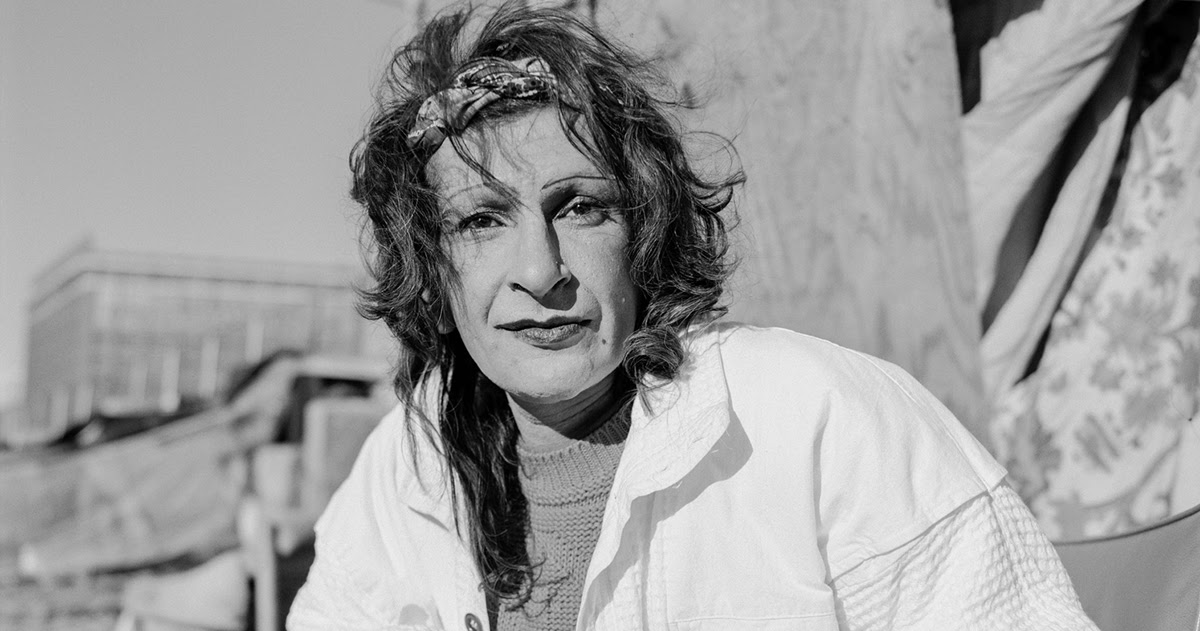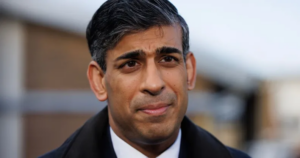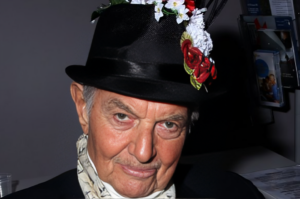Sylvia Rivera and Marsha P. Johnson were two pioneering figures in the LGBTQ rights movement. Both were present at the Stonewall Inn riots in 1969, which marked a turning point in the fight for LGBTQ rights and is now considered the birthplace of the modern LGBTQ rights movement.

Sylvia Rivera, born in 1951, was a Puerto Rican and Venezuelan American LGBTQ rights activist and drag queen. She grew up in poverty and faced homelessness, discrimination, and abuse throughout her life. Despite these hardships, she dedicated her life to fighting for the rights of LGBTQ individuals.
Marsha P. Johnson, born in 1945, was an African American LGBTQ rights activist and drag queen. Like Sylvia, Marsha faced discrimination and poverty but never lost her spirit and her fight for equality.
Together, Sylvia and Marsha co-founded the Street Transvestite Action Revolutionaries (STAR), an organization that provided support and resources to homeless LGBTQ youth and sex workers. They also participated in the first gay pride parade in 1970, which has now become the annual tradition of Pride Month celebrations around the world.
Both Sylvia and Marsha faced opposition and criticism from the mainstream LGBTQ community, who often excluded transgender individuals and people of color from their efforts. However, they persisted in their activism and worked to bring attention to the intersections of discrimination based on both gender identity and race.
Sylvia Rivera passed away in 2002, but her legacy lives on through the continued fight for LGBTQ rights and the recognition of her and Marsha’s contributions to the movement. Marsha P. Johnson’s death in 1992 was originally ruled a suicide, but many believe it was a murder, and her case remains unsolved.
In conclusion, Sylvia Rivera and Marsha P. Johnson were true champions of equality and their activism paved the way for the recognition of the rights of LGBTQ individuals. Their courage and determination continue to inspire future generations to fight for a world where all individuals, regardless of gender identity or sexual orientation, are treated with dignity and respect.
Author























